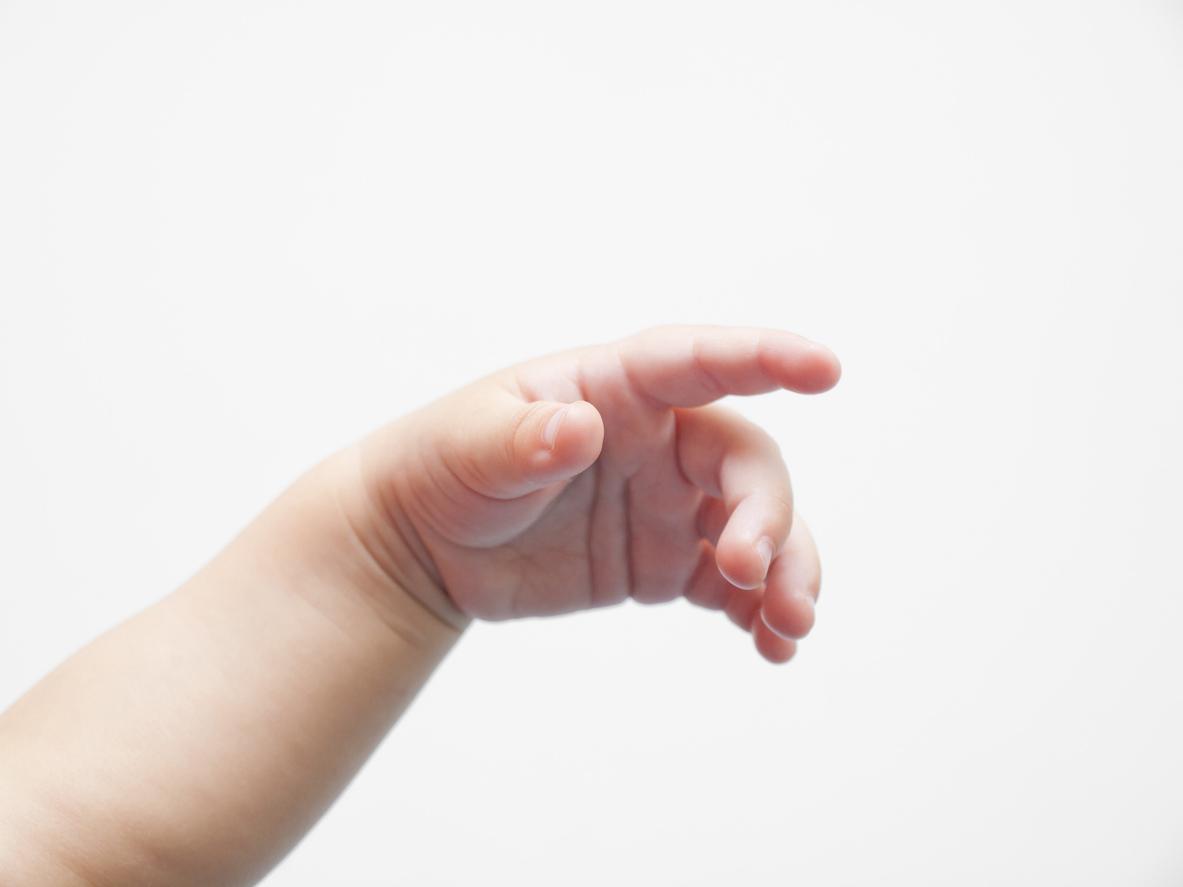A large longitudinal study provides new evidence that adolescents with parents who punish and humiliate them are at greater risk of being bullied at school.

Children regularly subject to teasing and humiliation by their parents while they are at home are also those most at risk of being victimized in the context of their schooling.
This is highlighted by a new study published in Journal of Youth and Adolescence. According to its authors, members of the Charles E. Schmidt College of Science at Florida Atlantic University, Concordia University in Montreal and Uppsala University in Sweden, the contemptuous and punitive attitude of parents towards of their offspring can lead to school bullying.
A vicious cycle of negative emotions
To reach this conclusion, the researchers followed 1,409 children for three years, from their 13th to their 15th birthday.
The results show that adolescents subject to regular humiliation, teasing, punishment or criticism at home are more at risk of developing disordered anger. According to the researchers, this “is indicative of difficulties in regulating one’s emotions, which generally manifests as negative emotions, verbal and physical aggression and hostility”. In adolescents who are bullied and humiliated in the private setting, this disordered anger increases and exposes them to a greater risk of intimidation and victimization because they are no longer able to regulate their emotions with their peers.
Previous research on the factors of bullying in the school environment had already shown that adolescents who are abused by their parents are more at risk of developing mental disorders, behavioral difficulties and suicidal thoughts, compared to victims who receive emotional support from the school. from their family, and compared to teens who were not bullied.
Identifying the specific family origins of bullying status could be a key step in limiting or preventing these poor outcomes, say the study authors.
“Inappropriate interpersonal reactions seem to spread from parents to children, where they create difficulties among peers,” analyzes Brett Laursen, professor of psychology at Charles E. Schmidt College of Science and co-author of the study. “Specifically, parental derision precipitates a cycle of negative affect and anger between parents and adolescents, which ultimately leads to greater victimization and bullying among adolescents.”
According to the researcher, the results of this new work are important because they provide “a better understanding of how the demeaning of parents and critical interactions with adolescents impair their ability to maintain positive relationships with their peers”.
.















